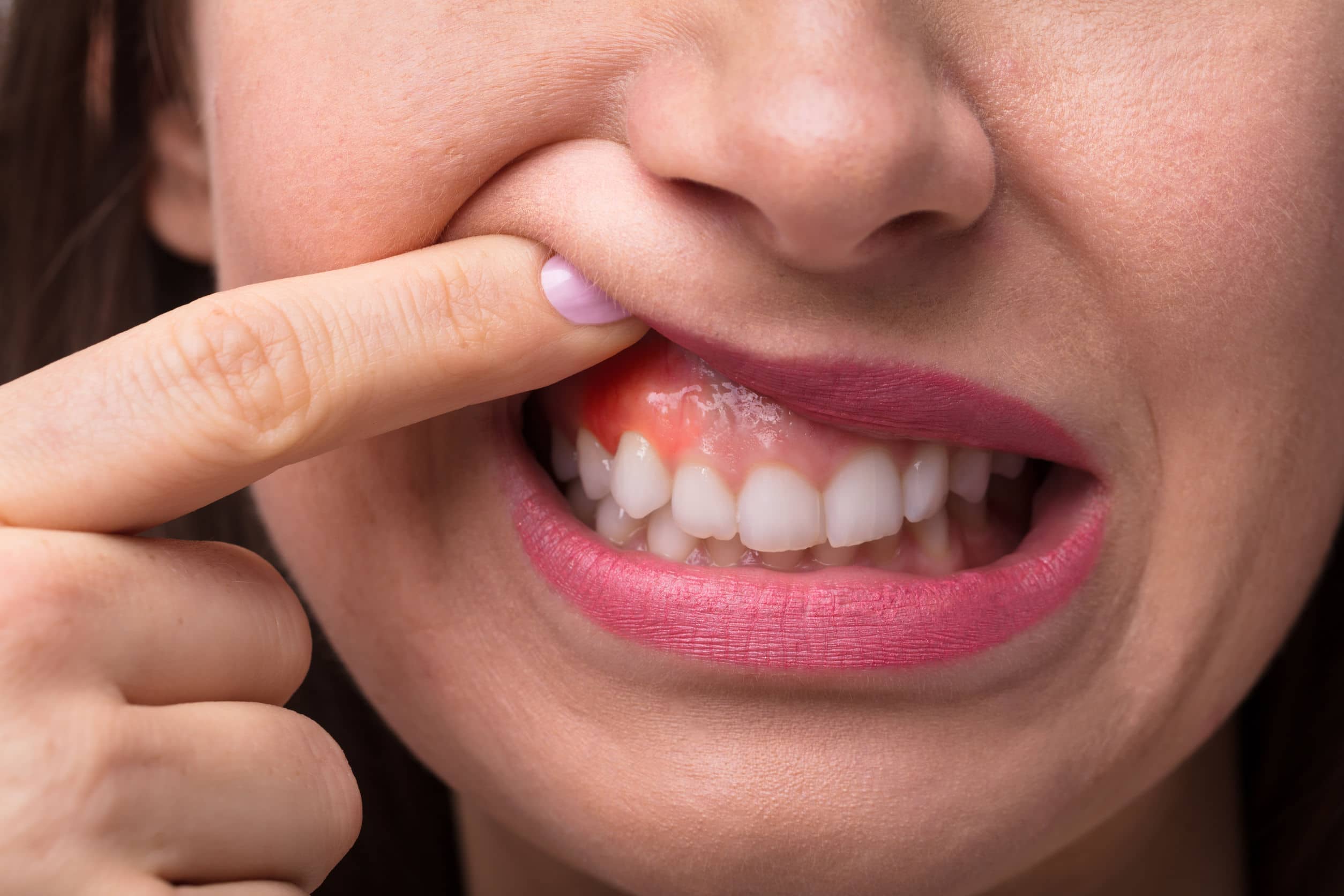
Bleeding gums can be more than just a minor inconvenience—they can be a sign of a serious dental issue. Whether they’re sudden or recurring, understanding how to manage bleeding gums effectively is crucial. This guide will walk you through the steps to take if you encounter this dental emergency, offering simple, personalized advice to help you navigate it.
Understanding the Causes of Bleeding Gums
Before you dive into managing bleeding gums, it’s important to understand what might be causing the problem. Bleeding gums can be a symptom of various conditions, including:
- Gingivitis: The early stage of gum disease, often caused by plaque buildup. It’s characterized by redness, swelling, and bleeding of the gums.
- Periodontitis: A more advanced form of gum disease that can cause gum recession and damage to the bone supporting your teeth.
- Oral Injuries: Cuts or injuries to the gums from food or dental appliances.
- Medical Conditions: Certain conditions like blood disorders or vitamin deficiencies can contribute to gum bleeding.
Immediate Steps to Take
If you experience bleeding gums, here’s what you should do right away:
- Rinse with Salt Water: Mix a teaspoon of salt in a cup of warm water and rinse your mouth. This can help clean the area and reduce inflammation. Saltwater is a natural antiseptic and can soothe minor gum irritation.
- Apply gentle pressure to the bleeding with clay or a clean cloth or gauze. This helps to stop the bleeding by promoting clot formation.
- Avoid Irritants: Refrain from consuming spicy, acidic, or hard foods that could irritate your gums further. Stick to soft, bland foods until the bleeding stops.
- Maintain Good Oral Hygiene: Continue brushing and flossing, but be gentle around the bleeding area. Use a soft-bristled toothbrush and avoid aggressive brushing, which can exacerbate the problem.
When to Seek Professional Help
While these immediate steps can help manage bleeding gums temporarily, it’s crucial to seek professional help if:
- Bleeding Persists: If bleeding continues despite your efforts to control it, you should consult a dentist. Persistent bleeding can indicate a more serious underlying condition.
- You Notice Other Symptoms: If you experience additional symptoms like severe pain, swelling, or a foul odor, these could be signs of advanced gum disease or infection.
- You Have a Health Condition: If you have a medical condition or are on medication that affects bleeding, it’s essential to get professional advice. Your dentist or doctor can provide guidance tailored to your health situation.
Preventive Measures to Avoid Future Issues
Once you’ve managed the immediate problem, it’s important to prevent future gum bleeding episodes. Here’s how you can keep your gums healthy:
- Brush and Floss Regularly: Brush your teeth twice daily with fluoride toothpaste and floss daily. This helps remove plaque and prevent gum disease.
- Use an Antiseptic Mouthwash: Incorporate an antiseptic mouthwash into your routine to reduce bacteria and plaque buildup.
- Regular Dental Checkups: Visit your dentist regularly for checkups and professional cleanings. This ensures any potential issues are addressed before they become serious problems.
- Eat a Balanced Diet: A diet rich in vitamins and minerals, especially vitamin C, supports gum health. Include fruits, vegetables, and whole grains in your diet.
- Avoid Tobacco Products: Smoking or using tobacco products can worsen gum disease and lead to bleeding gums. Quitting tobacco is beneficial for your overall oral health.
Personalized Tips for Managing Bleeding Gums
Here are some personalized tips based on common scenarios:
- If You Have Sensitive Gums, Use a toothbrush with soft bristles and avoid abrasive toothpaste. This will minimize irritation and help maintain gum health.
- If You Wear Braces or Dental Appliances, Be extra cautious when cleaning around them. Use interdental brushes or floss threaders to reach difficult areas and prevent plaque buildup.
- If You’re Pregnant: Hormonal changes during pregnancy can lead to gum sensitivity and bleeding. Maintain excellent oral hygiene and inform your dentist about your pregnancy to receive tailored advice.
Conclusion
Managing bleeding gums effectively involves both immediate care and long-term preventive measures. By understanding the causes, taking appropriate action, and maintaining good oral hygiene, you can manage this dental emergency and prevent future occurrences.
If you find yourself in need of urgent treatment, seeking emergency dental care in Vivekanand Nagar can provide timely and specialized help. Always remember your dentist is your best ally in maintaining oral health. Don’t hesitate to seek professional advice if you’re ever in doubt. Taking proactive steps today will help ensure a healthier, happier smile tomorrow.